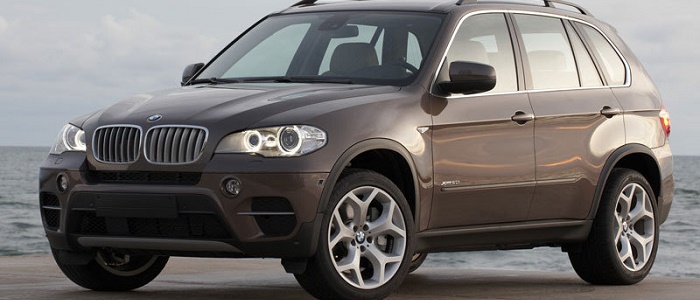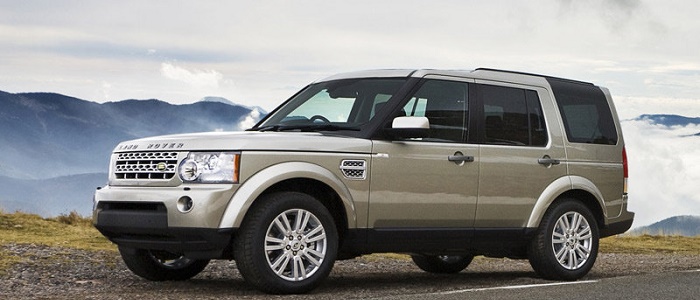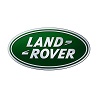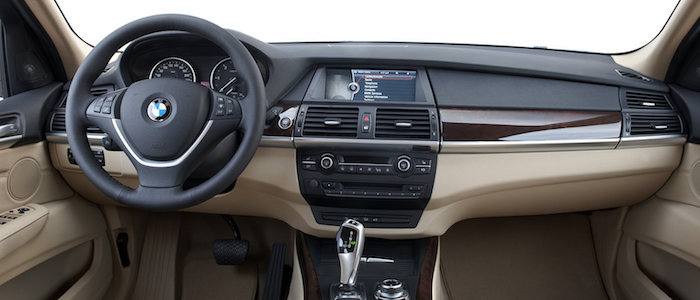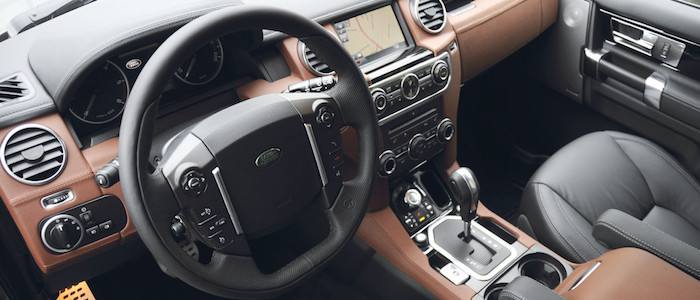Compare two cars
Compare any two cars and get our Virtual Adviser™ opinion
Dimensons & Outlines
Check a car with 30% off a report
Engine
Performance (manual gearbox)
Performance (automatic gearbox)
Expenses
Virtual Adviser's™ opinion
Well, these are two pretty similar cars we have here! It's only details that could potentially make the difference. Considering they both belong to the suv segment and utilize the same 5-door suv body style and the 4 x 4 wheel drive system, it all comes up to the specific diesel engine choice they offer. The first one has a BMW-engineered powertrain under the hood, a 6-cylinder, 24-valves 381hp unit, while the other one gets its power and torque from a 6-cylinder, 24-valves 248hp engine designed by Ford.
SafetyThe fact that the Land Rover got tested by the European New Car Assessment Programme (Euro NCAP), while the other contender didn't, offers a slight advantage, as the 4-star rating is better than none. That aside, let's consider some other aspects which affect safety. Both vehicles belong to the suv segment, which is generally a very good thing safety-wise, still it doesn't help us solve our dilemma, does it? On the other hand, if we'd like to consider vehicle mass in this context too, which we definitely should, the British car offers a considerable difference of 17% more metal.
ReliabilityReliability is not the best thing to consider on the make level, but it is worth mentioning that BMW does have a slight advantage, all the models observed together. These are the results of an independent reasearch, while our visitors describe reliability of BMW with an average rating of 4.1, and models under the Land Rover badge with 3.8 out of 5. Some independent research have also placed X5 as average reliability-wise, and Discovery is more or less at the same level.That apart, owners of different cars powered by the same engine as the German car rank it on average as 5.0, while the one under the competitor's bonnet gets 4.0 out of 5.
Performance & Fuel economyBMW is way more agile, reaching 100km/h in 4.2 seconds less than its competitor. In addition to that it accelerates all the way to 250 kilometers per hour, 70km/h more than the other car. When it comes to fuel economy the winner has to be the German car, averaging around 7.5 liters of fuel per 100 kilometers (38 mpg), in combined cycle. We can't ignore that 24% difference compared to the British car.
Verdict
BMW appears just a bit more reliable, although the difference is truly marginal. The most important thing when deciding between any two vehicles should always be safety, both passive and active. In my opinion, everything taken into account, the British car beats the other contender by far, making it the best choice without even considering other things. From there things take a different direction, with BMW outracing its opponent in any situation possible, making it better choice for boy racers. To make things even better, it consumps less fuel! All together, there's not much more to say, in this case I wouldn't even consider anything but BMW. Nevertheless, let's not forget that people have different preferences and needs, so what really counts is your personal feel. I'm only here to help. In case you have two minutes to spare I invite you to define your needs, desires and budget and see which car would be chosen by the virtual adviser™, among more than 12.000 different ones in our database.























